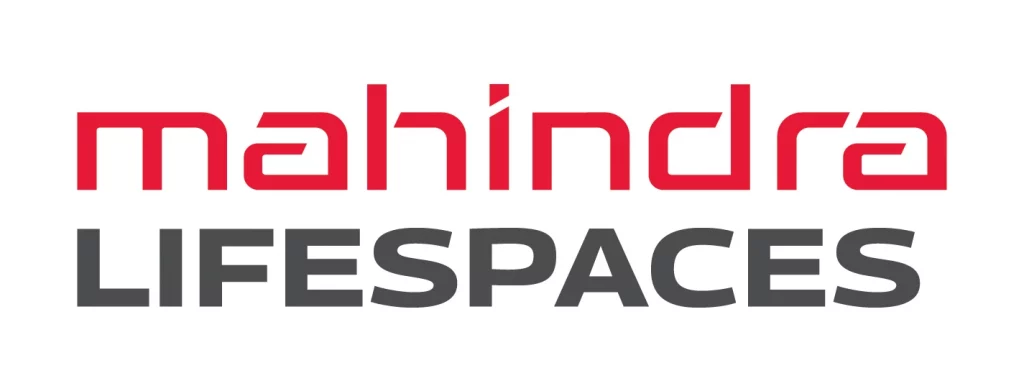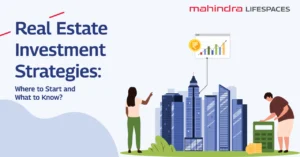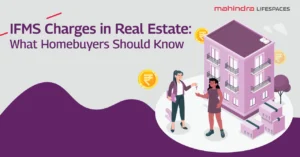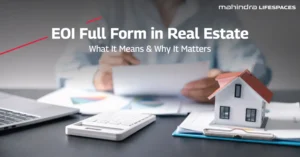EOI Full Form in Real Estate: What It Means & Why It Matters
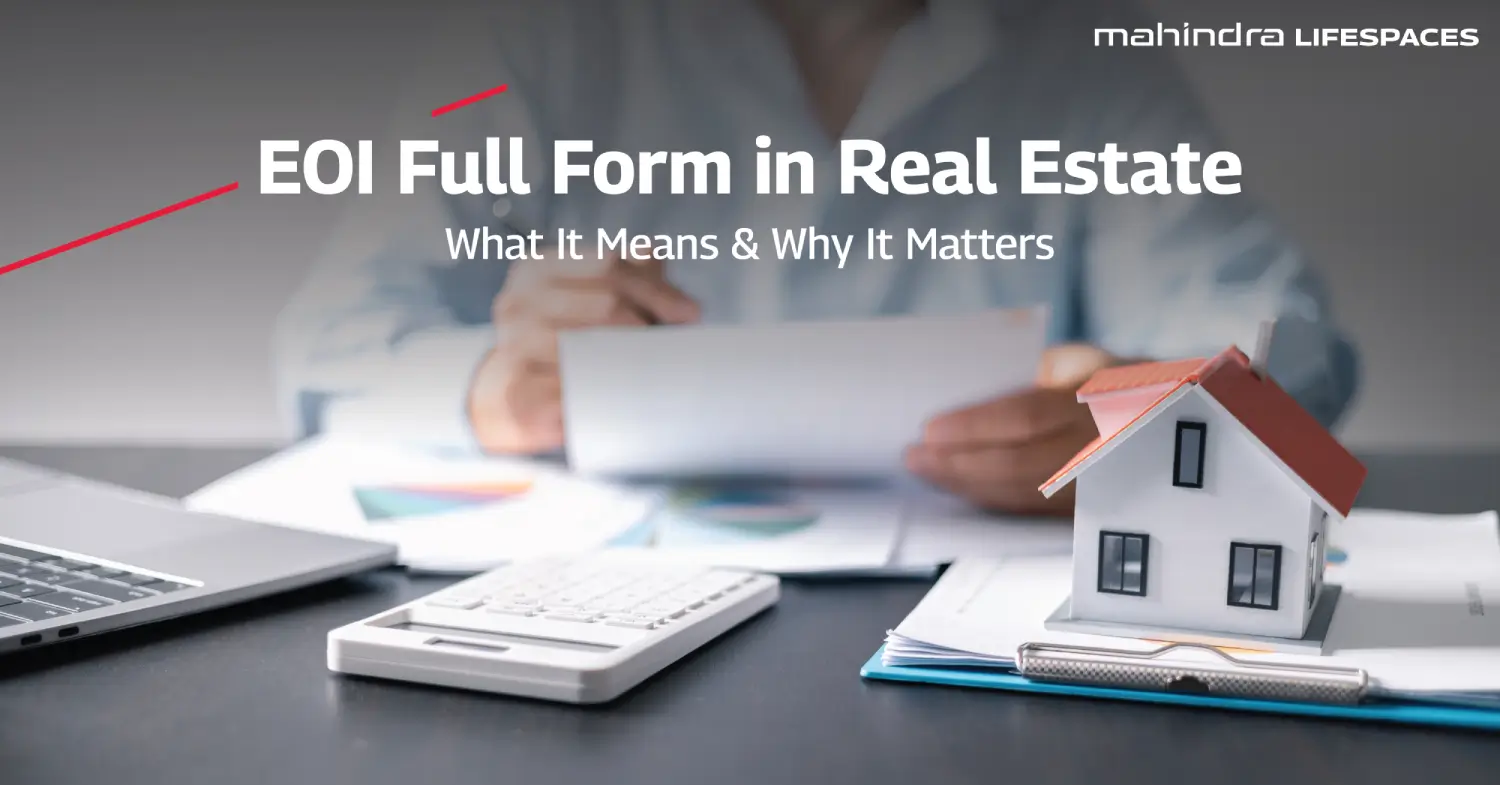
In the real estate space, EOI is a commonly used term during the early stages of property buying or selling. The full form of EOI is Expression of Interest, and it plays a crucial role in serious property transactions. Whether you’re an investor eyeing pre-launch deals or a first-time homebuyer exploring options, understanding what EOI is in real estate helps you navigate with clarity and confidence.
At Mahindra Lifespaces, we believe in transparency throughout your entire real estate investment journey. This blog will explain the meaning of EOI in detail, highlight its significance, and walk you through what to watch out for, so you’re well-prepared for your next big move.
Full Form of EOI in Real Estate and What It Means
When looking at the property market, you’ll often hear the term “EOI”, especially during the early stages of a project. So, what is EOI in real estate?
What is EOI?
EOI stands for Expression of Interest. It’s a formal, non-binding declaration by a homebuyer that they are interested in purchasing a property. This step usually comes before the signing of any sale agreement and typically involves a small token amount that confirms the homebuyer’s intent.
When is EOI Used in Real Estate?
EOIs are mostly used during the pre-launch or soft-launch phases of a project. At this point, developers have not yet launched the project for public purchase, but they want to gauge the response.
Submitting an EOI allows the homebuyer to reserve a unit early, before official sales begin, often at better prices or with more options.
How Does EOI Work?
Now that you know what EOI is in real estate, here’s how it works:
- You fill out a basic EOI form.
- You submit it along with a nominal advance payment (usually refundable).
- There is no legal obligation at this stage.
If you choose to go ahead, the EOI amount is adjusted in your final payment. If you change your mind, it is usually refunded, depending on the developer’s terms and conditions.
Why does EOI Matter in Real Estate Transactions?
The EOI process may seem informal, but it offers several strategic benefits for both homebuyers and sellers.
-
Helps Developers Gauge Demand
For developers, EOIs act as a temperature check. A high number of EOIs often indicates strong market demand and helps them:
- Fine-tune project features
- Decide on price points
- Plan inventory and timelines smartly
It’s a handy tool to make data-backed decisions before investing in full-scale marketing and operations.
-
Gives Homebuyers Early Access
Submitting an EOI could be your golden ticket to exclusive perks—think early-bird discounts, priority floor selection, and first access to the best units. You’re essentially getting a head start on everyone else without making a long-term commitment just yet.
-
Reduces Decision Pressure
Since an EOI isn’t legally binding, it gives you breathing space. You can show your interest, reserve your options, and take your time to evaluate the project thoroughly, without the pressure of immediate booking.
-
EOI is not a Final Commitment
It’s important to remember that EOI is a declaration of interest, not a binding contract. You can choose not to proceed without facing legal penalties, provided you haven’t signed any further documents.
-
Check for Transparency
Make sure the EOI process is clearly explained, and that you receive proper documentation and receipts. Only deal with developers or agents who are RERA-registered to ensure compliance and accountability.
-
Ideal for Early Decision-makers
If you’ve done your homework and are confident in the developer’s track record, the location, and the project plan, an EOI allows you to act early without locking yourself in completely. It’s perfect for those who want first access without full financial commitment.
- Secure preferred units before the official launch
- Avail early-bird offers
- Avoid rush-hour booking scenarios
- Time to evaluate the project while securing a spot
- Estimate homebuyer interest and forecast demand
- Finalise pricing strategies and phasing of inventory-
- Create buzz before formal project launch
- Get first access to potentially high-growth opportunities
- Evaluate ROI without binding financial risk
- Secure better entry prices
- Stay ahead of market trends
-
What is EOI in real estate?
EOI stands for Expression of Interest, a formal indication that a homebuyer is interested in a property. It is not a legally binding agreement, but often involves a refundable token amount.
-
Is EOI binding in real estate transactions?
No, an EOI is non-binding. It simply states that the homebuyer is seriously considering the purchase, without committing legally.
-
Why do developers ask for EOI?
Developers use EOIs to gauge early demand, plan pricing, and schedule launches. It helps them make data-informed decisions before going public.
-
Can I submit an EOI for multiple projects?
Technically, but make sure you understand the terms and refund clauses of each developer to avoid losing money or facing confusion.
-
What are the benefits of submitting an EOI in real estate?
Submitting an Expression of Interest (EOI) allows you to secure early access to a property, often with perks like early-bird discounts and priority selection of units. It also offers a chance to evaluate the project without the immediate pressure of a full commitment, giving you flexibility in your decision-making.
-
Is there any risk in submitting an EOI in real estate?
An Expression of Interest (EOI) is typically non-binding, meaning it does not lock you into a commitment. However, it’s important to understand the specific terms, such as any refundable or non-refundable token amounts, before proceeding with an EOI.
Key Points Homebuyers Should Know About EOI
Understanding the fine print can help you make the most out of your real estate investment in RERA-approved projects without unpleasant surprises.
Purpose of EOI in Real Estate
The role of Expression of Interest varies slightly depending on who’s using it. Here’s a quick breakdown:
A) For Homebuyers –
B) For Developers –
C) For Investors –
Sealing the Deal: EOI as Your First Confident Step
The Expression of Interest (EOI) is a valuable early step in the property-buying journey, offering flexibility for homebuyers and clarity for developers. Whether you’re a seasoned investor or someone purchasing their first home, understanding the meaning of EOI and how it works can significantly smooth out your experience.
From securing the right unit to accessing pre-launch benefits, EOI is a smart move when used wisely. Remember to always review the paperwork, know your rights, and use EOI as a tool to make more informed, less pressured decisions in real estate.
Discover thoughtfully designed, eco-friendly luxury homes tailored to your lifestyle, brought to you by Mahindra Lifespaces. Begin your journey to a greener, premium living experience across India. Fill out the form on our Contact Us page to explore your dream home today!
FAQs

